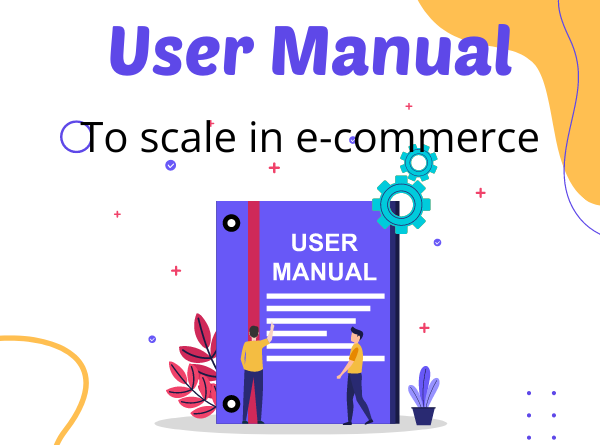Mastering E-Commerce Marketing
- 1) Boosts the SERP rank indirectly. …
- 2) Get the traffic.
- 3) Increases revenue.
- 1) Include relevant structured data.
- 2) Focus on the essentials of the product.
- 3) Use unique identifiers for product.
- 4) Avoid using conflicting or redundant information.
In the fast-paced world of e-commerce, effective marketing is the lifeblood of success. With millions of online stores vying for consumer attention, mastering the art of e-commerce marketing has never been more crucial. From leveraging social media to optimizing SEO, let’s explore actionable strategies to elevate your e-commerce marketing game and drive sustainable growth.
Understanding Your Audience
Effective e-commerce marketing begins with a deep understanding of your target audience. Who are they? What are their interests, pain points, and purchasing behaviors? By conducting thorough market research and creating detailed buyer personas, you can tailor your marketing efforts to resonate with your ideal customers.
Building a Strong Brand Identity
In a crowded marketplace, a strong brand identity sets you apart from the competition. Define your brand voice, values, and visual identity to create a cohesive brand experience across all touchpoints. Consistency breeds familiarity and trust, fostering long-term relationships with your customers.
Harnessing the Power of Content Marketing
Content is king in the realm of e-commerce marketing. From informative blog posts to engaging videos and eye-catching infographics, create compelling content that adds value to your audience’s lives. By providing valuable insights, solving problems, and showcasing your expertise, you position your brand as a trusted authority in your niche.
Embracing Social Media Marketing
With billions of active users, social media platforms offer unparalleled opportunities for e-commerce marketing. Identify the channels where your audience spends their time and craft tailored content that resonates with their interests. Whether it’s Instagram, Facebook, Twitter, or TikTok, engage with your audience authentically and build meaningful connections that drive traffic and sales.
Optimizing for Search Engines (SEO)
Search engine optimization (SEO) is the cornerstone of any successful e-commerce marketing strategy. Optimize your website’s on-page elements, including titles, meta descriptions, and product descriptions, to improve visibility in search engine results pages (SERPs). Conduct keyword research to identify relevant search terms and create high-quality content that ranks organically, driving targeted traffic to your site.
Leveraging Email Marketing
Email remains one of the most effective channels for driving sales and nurturing customer relationships. Build an engaged email list by offering valuable incentives such as discounts, exclusive content, and early access to promotions. Segment your audience based on their interests and purchasing behaviors to deliver personalized, relevant content that resonates with their needs.
Embracing Influencer Marketing
Influencer marketing has emerged as a powerful tool for e-commerce brands to reach new audiences and drive conversions. Partner with influencers who align with your brand values and have a genuine connection with their followers. Collaborate on authentic, creative campaigns that showcase your products in a compelling light and leverage the influencer’s credibility to build trust with their audience.
Analyzing and Iterating
Data-driven decision-making is essential for optimizing your e-commerce marketing efforts. Monitor key performance indicators (KPIs) such as website traffic, conversion rates, and customer acquisition costs to gain insights into what’s working and what’s not. Use A/B testing to experiment with different strategies and refine your approach based on actionable insights.
In conclusion, mastering e-commerce marketing requires a multifaceted approach that combines creativity, strategy, and data-driven insights. By understanding your audience, building a strong brand identity, and embracing content marketing, social media, SEO, email marketing, influencer partnerships, and continuous analysis, you can unlock the full potential of your e-commerce business and drive sustainable growth in an ever-evolving digital landscape.
